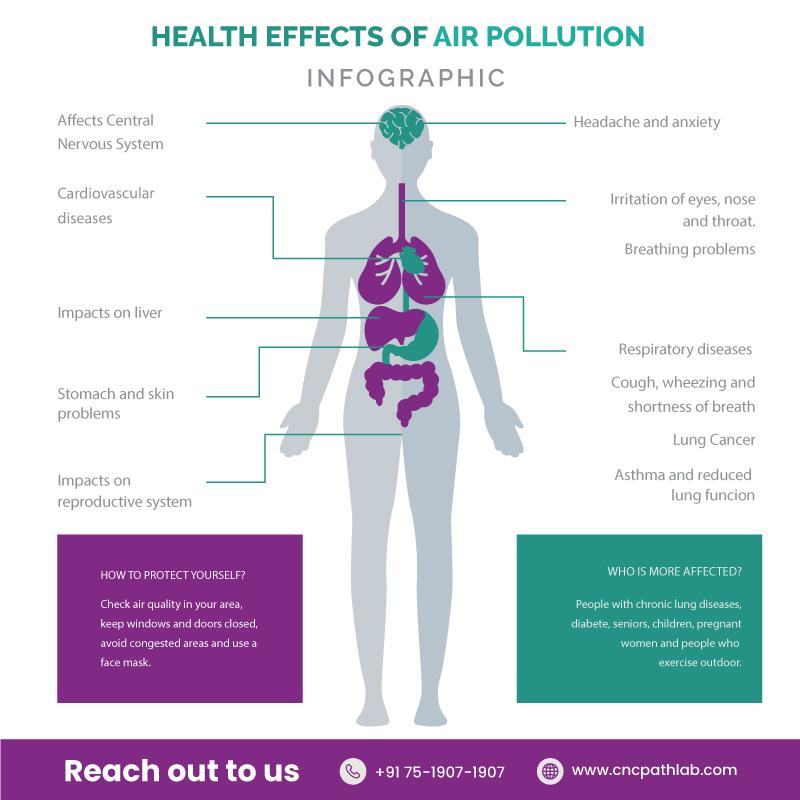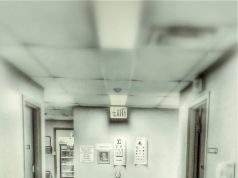As we journey through the various stages of life, maintaining our health becomes increasingly vital, especially in our senior years. Routine health checkups emerge as a cornerstone of preventive healthcare, offering seniors a proactive path to wellness and longevity. These regular assessments are not merely about ticking off a box on a to-do list; they are a compassionate commitment to oneself, ensuring that potential health issues are caught early, and managed effectively. By prioritizing routine checkups, seniors can enjoy peace of mind, knowing they are taking essential steps to safeguard their health and enhance their quality of life. In this article, we will explore the profound importance of these health checkups, understanding how they empower seniors to live their golden years with vitality and grace.
Understanding the Unique Health Needs of Seniors
As we age, our bodies undergo various changes, making it crucial to adapt our health care strategies to meet these evolving needs. Seniors face unique health challenges that require careful attention and proactive management. Routine health checkups play a vital role in identifying potential health issues early, ensuring a better quality of life.
- Chronic Conditions Monitoring: Many seniors live with chronic conditions such as diabetes, hypertension, and arthritis. Regular checkups allow for continuous monitoring and adjustments to treatment plans, helping to manage symptoms effectively.
- Preventive Screenings: Early detection of diseases like cancer or heart disease can significantly improve treatment outcomes. Routine screenings and tests are essential in catching these conditions before they progress.
- Medication Management: Seniors often take multiple medications, increasing the risk of adverse drug interactions. Health checkups provide an opportunity for doctors to review and optimize medication regimens.
| Health Aspect | Checkup Frequency |
|---|---|
| Blood Pressure | Every 6 months |
| Cholesterol Levels | Annually |
| Bone Density | Every 2 years |
Addressing these unique health needs through regular checkups not only aids in managing current health issues but also provides peace of mind for seniors and their families. Empowering seniors with knowledge about their health status fosters independence and encourages active participation in their well-being.

Recognizing Early Warning Signs Through Regular Checkups
Regular health checkups play a crucial role in identifying potential health issues before they escalate into serious problems. For seniors, this proactive approach is even more vital as the body undergoes various changes with age. These routine visits can reveal early warning signs that might otherwise go unnoticed.
- Blood Pressure Monitoring: Regular checks can help manage hypertension, reducing the risk of heart disease and stroke.
- Blood Sugar Levels: Keeping track of glucose levels is essential for preventing diabetes-related complications.
- Cholesterol Levels: Monitoring cholesterol can prevent artery blockages and associated cardiovascular issues.
Below is a table that highlights some key tests and their recommended frequency for seniors:
| Test | Frequency |
|---|---|
| Blood Pressure | Annually |
| Cholesterol | Every 4-6 years |
| Blood Sugar | Every 3 years |
| Bone Density | Every 2 years |
By recognizing these early warning signs, seniors can make informed decisions about their health, ensuring they maintain a high quality of life. Empowering oneself with knowledge through regular checkups is not just about adding years to life but adding life to those years.

Building a Comprehensive Health Checkup Schedule
Crafting a tailored health checkup schedule is crucial for seniors, as it ensures timely detection and management of potential health issues. To develop an effective plan, it’s essential to consider both general and specific health needs, based on personal and family medical history. A well-rounded schedule typically includes the following components:
- Annual Physical Exams: These provide a comprehensive overview of one’s health and help monitor vital statistics like blood pressure, cholesterol levels, and weight.
- Vision and Hearing Tests: Regular assessments can help detect early signs of age-related conditions such as cataracts or hearing loss.
- Bone Density Tests: Particularly important for postmenopausal women and older men to evaluate the risk of osteoporosis.
| Checkup Type | Frequency |
|---|---|
| Blood Pressure Screening | At least once a year |
| Cholesterol Test | Every 4-6 years |
| Colorectal Cancer Screening | Every 10 years starting at age 50 |
It’s important to consult with healthcare providers to personalize this schedule, taking into account any chronic conditions or lifestyle factors. Regular communication with your doctor can help adjust these checkups as needed, ensuring optimal health management throughout the golden years.

Empowering Seniors with Preventative Health Strategies
For seniors, maintaining health and well-being through regular checkups is a cornerstone of living a vibrant and independent life. Routine health assessments are not just about diagnosing existing issues; they are proactive measures that can prevent future health complications. By embracing preventative health strategies, seniors can benefit from:
- Early Detection: Identifying potential health issues before they become serious.
- Personalized Care: Tailoring healthcare plans based on individual needs and conditions.
- Better Quality of Life: Managing chronic conditions effectively to enhance daily living.
Regular checkups also offer an opportunity for healthcare providers to update seniors on essential vaccinations, review medications, and discuss lifestyle adjustments. This comprehensive approach ensures that seniors are not only addressing current health concerns but are also equipped with the knowledge and resources to prevent future issues. Consider the following checklist during routine visits:
| Health Aspect | Checkup Frequency |
|---|---|
| Blood Pressure | Every 6 months |
| Cholesterol Levels | Annually |
| Vision and Hearing | Every 1-2 years |
| Bone Density | Every 2 years |
By staying informed and proactive, seniors can navigate their health journey with confidence, ensuring that they remain active participants in their own care. This empowerment is not just about adding years to life, but life to years.








































